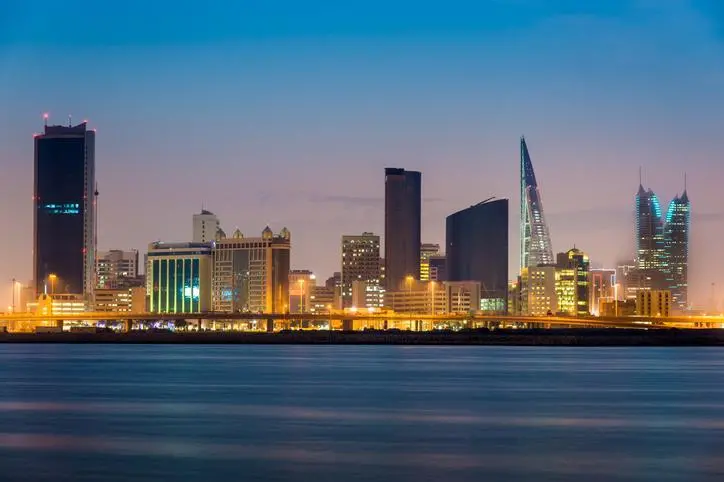PHOTO
Bahrain's real GDP growth will reach above 6% in 2022, buoyed by very strong non-oil growth as tourism-related sectors and real estate and construction post strong performances, says a Fitch Ratings report.
However, from 2023, the agency forecasts a growth of just over 2% per year, as upstream hydrocarbon activity remains flat, refinery production ramps up and lower oil prices and fiscal consolidation dampen demand.
The agency expects inflation to remain lower than in peers (4.2% in 2022), in part due to the impact of subsidies.
Fitch Ratings has affirmed Bahrain's Long-Term Foreign-Currency Issuer Default Rating (IDR) at 'B+' with a Stable Outlook. Bahrain's ratings are supported by strong financial backing from partners in the GCC and high GDP per capita and human development indicators even relative to 'BBB' medians, it said.
The budget deficit will narrow significantly in 2022, to 3.6% of GDP from 9.6% of GDP in 2021, owing to the rebound in global oil prices, recovery of the domestic economy and the doubling of the VAT rate to 10%, it said.
The agency forecast that the general government budget deficit will widen to 4.1% of GDP in 2023, from 3.6% in 2022. Oil revenue will contract by about 9% under its assumption of a Brent oil price of $85 per barrel in 2023 ($100/bbl in 2022), although fiscal reforms will limit the negative impact on the budget balance.
The authorities target a balanced budget with an oil price of $60/bbl in 2024, from a forecast $108/bbl fiscal breakeven oil price in 2022 ($125/bbl including extra budgetary spending). In Fitch's view, the 2023 budget will likely include measures to increase revenue and significant moderation on other current spending items.
The completion of the upgrade of the Bapco refinery, with a ramp up of production expected from 2H23 until mid-2024 to about 400,000 bpd, will also contribute to a rise in revenue, it said.
The agency assumes significant, but not full implementation of the reform plans, resulting in a projected breakeven oil price of $78/bbl in 2024 based on the same definition as the government's $60/bbl target. It projects the non-oil budget deficit to narrow to 16% of GDP in 2024 from 22% in 2021. Non-oil revenue will increase but remain modest at 8% of non-oil GDP, it said.
Copyright 2022 Al Hilal Publishing and Marketing Group Provided by SyndiGate Media Inc. (Syndigate.info).





















